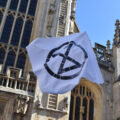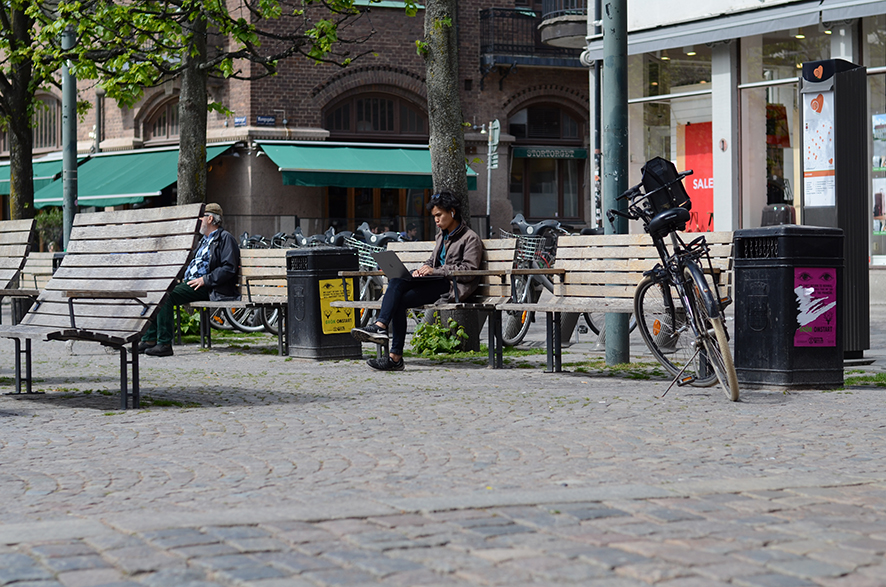True repentance: Acknowledging our mistakes and seeking forgiveness
True repentance: Acknowledging our mistakes and seeking forgiveness
Discover the power of true repentance in Judaism, Christianity, and Islam. Acknowledging our faults and seeking forgiveness can lead to spiritual growth.
Repentance is a concept that transcends time and religion. It is the act of acknowledging our mistakes and seeking forgiveness as a way to renew our relationship with God and with each other. In this article, we will explore the significance of true repentance in the three monotheistic religions: Judaism, Christianity, and Islam.
Judaism: teshuvah as a way of life
In Judaism, the practice of teshuvah, or repentance, is central to religious life. The holiday of Yom Kippur, the Day of Atonement, is the most significant day for repentance in Judaism. Jews spend the day in prayer and reflection seeking forgiveness for their sins. The practice of vidui, or confession, is another important aspect of repentance in Judaism. Jews recite a prayer of confession, acknowledging their sins and asking for forgiveness.[1]
Christianity: God’s forgiveness and salvation
In Christianity, repentance is seen as an essential part of the process of salvation. Christians believe that God offers forgiveness to all who repent and turn back to Him. The sacrament of reconciliation, also known as confession, is a key practice in the Catholic and Orthodox churches. Christians believe that through confession they can receive God’s forgiveness and renew their relationship with Him.[2]
Islam: tawbah and the mercy of Allah
In Islam, the Arabic word for repentance is tawbah. Muslims believe that repentance is a central part of their faith and that Allah is merciful and forgiving to those who sincerely repent. The annual pilgrimage to Mecca, known as the Hajj, is a significant time for repentance in Islam. Muslims who make the pilgrimage seek forgiveness for their sins and renew their commitment to Allah. The practice of istighfar,[3] or seeking forgiveness, is also an important part of repentance in Islam. Muslims recite prayers of repentance seeking Allah’s forgiveness for their sins.[4]
The power of true repentance in the modern world
In recent times, there have been inspiring examples of the importance of repentance and renewal in the aftermath of the COVID-19 pandemic. The Archbishop of Canterbury in the UK called for a national day of prayer and repentance in response to the pandemic, emphasising the need for humility and a recognition of our shared humanity.[5] There has also been a growing movement among religious communities to confront and repent for historical wrongs. The Church of England issued an apology for its role in the slave trade,[6] while the United Methodist Church apologised for its historical role in perpetuating abuse or racism.[7] [8]
In 2020, Pope Francis made a historic visit to Iraq, where he met with Muslim leaders and emphasised the importance of forgiveness and reconciliation between different faiths. During his visit, the pope visited the ancient city of Ur, believed to be the birthplace of Abraham, the father of Judaism, Christianity, and Islam. This visit served as a powerful reminder of the shared heritage of the three religions and the importance of forgiveness and understanding in promoting peace and harmony.[9]
Towards a more peaceful and harmonious world
True repentance is a powerful concept that can lead us towards a more peaceful and harmonious world. By acknowledging our faults and seeking forgiveness, we can cultivate deeper relationships with God and work towards a better future for ourselves and for others. As we navigate the challenges of our time, may we all strive towards true repentance and renewal and may we find the forgiveness and grace that we seek.
Learn more about religion and society on the EARS Dashboard
Sources
[1] Introduction to Judaism – The High Holy Days
[2] The Christian and Repentance – The Gospel Coalition
[3]Istighfar: Seeking Forgiveness from Allah – IslamiCity.
[4] https://islamonline.net/en/concept-of-repentance/
[5] Pope Francis Calls for Interfaith Unity in Historic Visit to Iraq – The New York Times
[6] Church of England apologizes for links to slavery | Africanews
[7] Methodist Church apologises for abuse spanning decades – BBC News
[8] Methodist dissenters sign letter of apology to gay community – al.com
[9] Pope Francis Calls for Interfaith Unity in Historic Visit to Iraq – The New York Times






